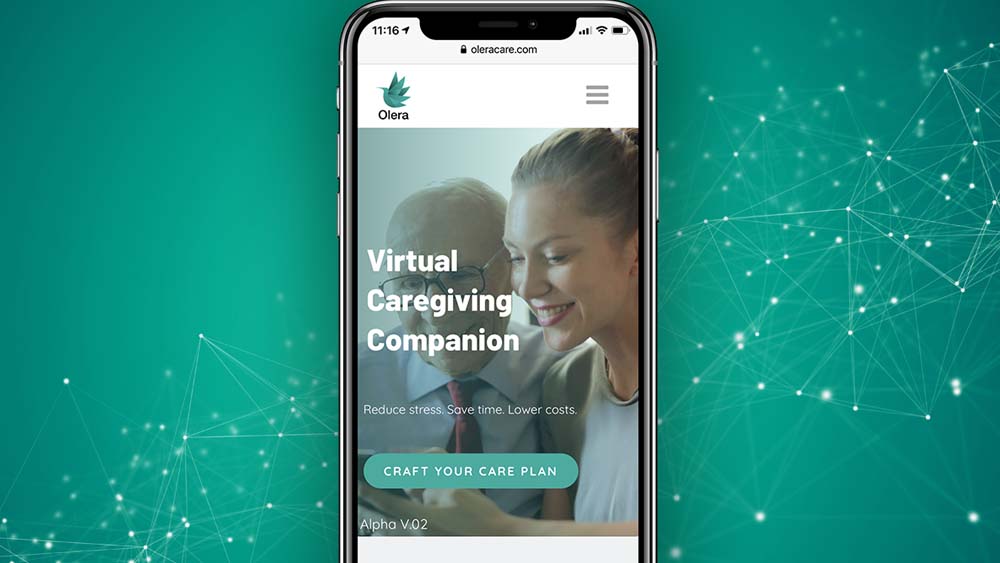
A student start-up venture at Texas A&M University recently was awarded $2.3 million from the National Institutes of Health to support the growth of their product — a digital platform that connects families looking for senior care to elder care professionals.
The team has been developing the concept and technology of Olera since early 2020. They participated in the 2020 National Science Foundation I-Corps program, which allowed them to conduct more than 100 interviews with family caregivers and experts in the elder care ecosystem. With the Small Business Innovation Research grant, which is housed under the National Institute on Aging, Tokunbo (TJ) Falohun, biomedical engineering doctoral student and Olera CEO, said the team can continue to work toward making their vision a reality.
“Receiving the news of that grant gave fuel to what we felt like was an already promising journey,” Falohun said. “It essentially made it very real and gave us the platform that we're going to turn this into something that's even bigger than any of us initially envisioned. It's an amazing opportunity.”
Olera’s goal is to be a digital platform — website and mobile application — for family caregivers navigating elder care. The platform will connect them to experts in the elder care system, while also providing information on why that expert might be valuable in specific scenarios.
“There are so many things that can save a lot of time and headache for people that they just don't know, and rightfully so,” Falohun said.
So far, the team has worked with small groups to ask where the pain points are in the elder care system. Going into 2022, the plan is to expand the number of caregivers to test the capabilities of the platform.
Olera’s members come from diverse backgrounds and majors, which Jeswin Vennatt, first-year medical school student and chief marketing officer for Olera, said is necessary with this kind of complex problem.
“The kind of problems that we have in this day and age are specialized to the point that you need more than one person's expertise,” Vennatt said. “An aggregation of individuals that have a lifetime's worth of expertise makes a big difference in the interdisciplinary problems that we see, like in elder care.”
Olera was born out of Sling Health, a Texas A&M student-run health care accelerator that brings together health care professionals and students from numerous university programs to develop and commercialize solutions to real-world problems. To learn more about the project, check out Olera’s website.
The team would like to thank the following entities who have interacted with Olera in some way:
- Center for Population Health and Aging
- Department of Biomedical Engineering
- Sling Health
- McFerrin Center for Entrepreneurship
- The College of Engineering
- Mays Business School
- Texas A&M Health Science Center